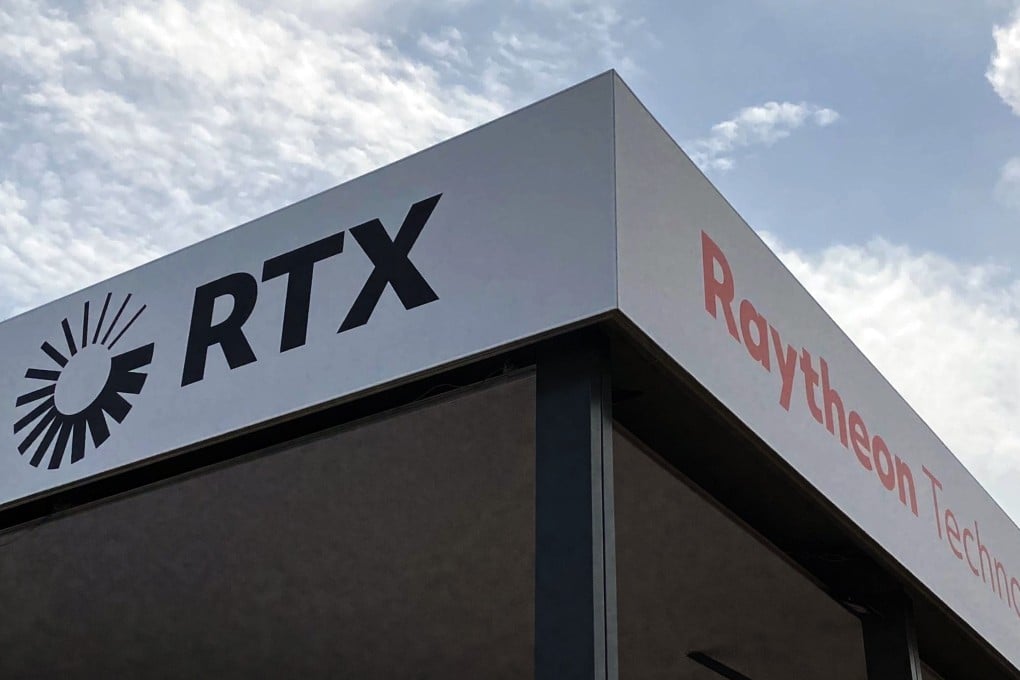Advertisement
Is Taiwan ‘a US sucker’? Weapons price gouging revealed on National Day
Taiwanese defence ministry blames manipulation by anti-US forces for claims published on mainland China’s most significant holiday
Reading Time:3 minutes
Why you can trust SCMP
70

Lawrence Chungin Taipei
Revelations that a US defence contractor overcharged Taiwan hundreds of millions of dollars sparked concerns that the island has been treated like a “sucker”, prompting Taipei, in turn, to decry what it says are efforts to manipulate anti-US scepticism.
Advertisement
The price gouging came to light this year after a US federal audit of RTX, formerly Raytheon Technologies.
At the time, the clients were not identified but last week local media reports revealed that Taiwan was one of the affected buyers.
The reports indicated the Taiwanese military massively overpaid for its Leshan radar system in 2017 and the 2013 acquisition of the Patriot missile system.
The media report, which coincided with National Day celebrations on the Chinese mainland, also accused the Taiwanese government of concealing the price gouging at the request of the US, the island’s biggest weapons supplier.
Advertisement
The Taiwanese defence ministry acknowledged the revelations on October 1, saying the improperly gained funds would be returned, in line with a plea agreement reached between the US Justice Department and RTX.

Advertisement